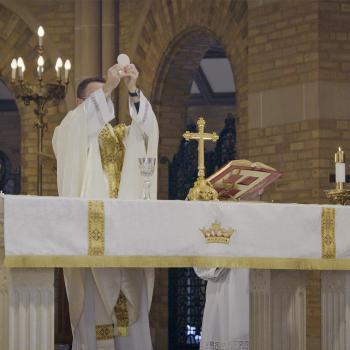Conservator: c. 1400, from Anglo-French conservatour, from the Latin, conservator, "keeper, preserver, defender," agent noun of conservare
I have been reading the news accounts, cartoons, and essays written in response to the wiretapping and tax scandals in Washington. A deeply troubling pattern is emerging.
The same partisan politics that have come to so deeply shape our elections are now shaping the way in which we address moral crises. Some Republicans are using the situation to leverage and undermine the Democratic Party's position in future elections. Democrats are offering excuses and pointing to similar abuses perpetrated by Republicans in the past. Both groups are missing the point.
Some behavior is inexcusable and it should be treated as such by everyone on both sides of the partisan divide. The abuses should be named. The responsible individuals should be identified and disciplined. The relevant authorities should take the appropriate steps to redress the harm done and insure that future abuse is prevented. And both parties should publicly commit themselves to the rigorous defense and preservation of our public institutions.
There are good moral and spiritual reasons for doing this.
Our leaders have a larger responsibility than winning elections and improving their party's political position. They are also conservators of the democratic process. As such they have it in their power to insure and deepen the respect that we have for that process and its institutions. Conversely, if they fail to take that responsibility seriously, they have the power to shatter our trust, undermine our institutions, and plant the seeds of cynicism.
But moral and spiritual failure of that kind does not last a single generation. When our leaders fail in their larger conservatorship, they set a precedent that is likely to accelerate the decline in confidence that we have for our government for centuries to come. Eventually, even the expectation that our institutions should be reliable will evaporate.
There should be a partisan-free zone in every society where leaders take their responsibility as conservators seriously. Everyone, regardless of political affiliation should insist on accountability. Perhaps the best thing our leaders could do is sit by a tombstone and consider what will be remembered about them—if anything at all. Winning political contests is a relatively simple matter, with limited significance. Conservators transmit a tradition and structures that make for intergenerational health.
12/2/2022 9:10:31 PM





